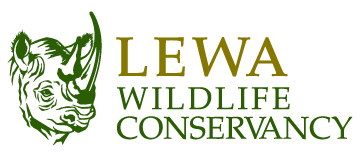Agriculture provides livelihood for millions of Kenyans and is a significant contributor to the country’s overall economic output. However, most rural farmers lack access to quality agricultural training, which inhibits their ability to improve their agricultural yields and income. Without access to improved opportunities, the farmers are trapped in a cycle of low-yield, low returns.
Additionally, for the ecosystem to remain optimal and support both development and wildlife, human activities with direct impact, such as agriculture, should be practiced sustainably.
The Opportunity
The majority of the people living in communities adjacent to both the Lewa and Borana conservancies are small-scale farmers. In line with Lewa’s belief that community empowerment is the most sustainable path to conservation, Lewa has developed programmes to assist these farmers to maximize production while minimizing any negative impacts on the ecosystem.
- Through hands-on training, Lewa works with local farmers to share techniques that preserve soil quality to prevent land degradation.
- Lewa has developed training programmes on crop diversification, water harvesting, irrigation methods, and crop monitoring.
- Our Community Development Team encourages the cultivation of alternative crops besides wheat, maize, and beans to enhance the competitiveness of the farmers’ produce. We are working to identify new markets and help the farmers reap maximum rewards.
- We encourage the formation of farming support groups, which ensure that the farmers learn from each other, and share in best practices.
| Our Impact |
Close to 400 small scale farmers have benefitted from Lewa’s training programmes for the past six years.
Farmers from Matunda, Subuiga, Ntumburi and Ethi learn about sustainable irrigation, farm management, modern planting methods, and financial literacy.



